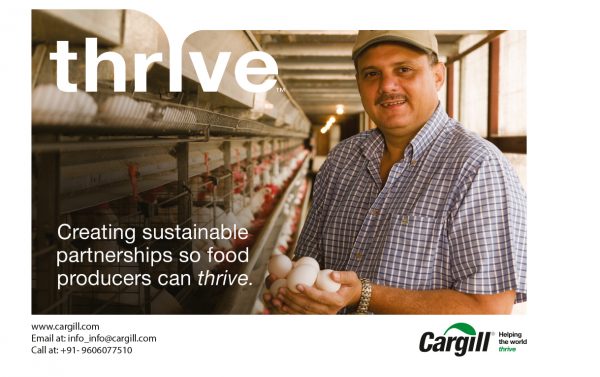Amiya Nath was keen to become a scientist after graduating in chemistry, but his poor financial background led him to getting a job to become self-dependent instead. This humble and pragmatic step is symbolic of the great career he has since built.

After four years working at an edible oil refinery company, Amiya joined an Indian poultry company as a quality assurance head. Based on his performance, his director allowed him to study a Master of Business Administration while taking over its sales operations. Business doubled within one year.
When Amiya completed his MBA, he joined Japfa in 2005. “After starting as Sales Manager for the East India region, my sales grew fast: some 70% of revenue was coming from my zone,” he reveals.
“The company was facing challenges in other parts of the country. I was promoted to National Sales Manager in 2009. I kept expanding the business from one zone to another and was promoted to handle the feed business in 2016.”
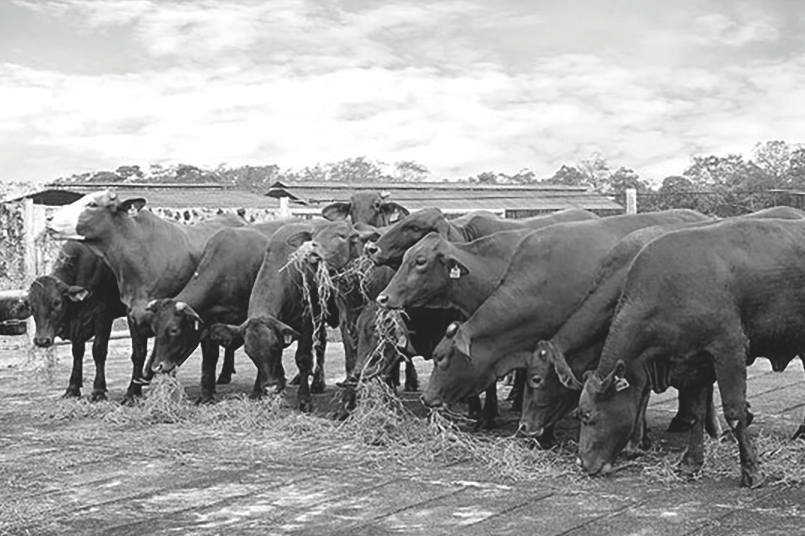
As the Indonesian company and feed business had always been a cash cow, the Vice President role was previously preferred to be handled by Indonesian expatriates; Amiya was the first Indian to be offered the position.
The feed sales growth during his period as National Sales Manager had been remarkable with his honesty, integrity and business acumen vital to help him to handle the most important business division for Japfa India.
As Vice President, Amiya immediately saw opportunities, with the large Indian market very unorganised at the time. “Distributors had tied up the farmers with a lot of debt, and there were hardly any quality concepts to the animal feed selling,” he explains.
The concept of Japfa’s feed conversation ratio was like a revolution in the Indian market. farmers were able to see a big difference in production costs.
“The market was running with low prices and high levels of credit, and technology was far from where it should be. Analysing all these weaknesses, we zeroed in on the best feed milling practices. We brought in technology and spent a lot of money on research and development.
“The concept of Japfa’s feed conversation ratio was like a revolution in the Indian market. Farmers were able to see a big difference to their production costs. We changed the entire mindset of customers about profitability and converted them towards Japfa.”
Since then, Japfa has been the feed company that does things differently, such as making breedspecific feeds and having a commitment to customer service that competitors find hard to match. There are a number of things for Amiya to be proud of, but overcoming the challenges presented by COVID-19 has been his biggest achievement.
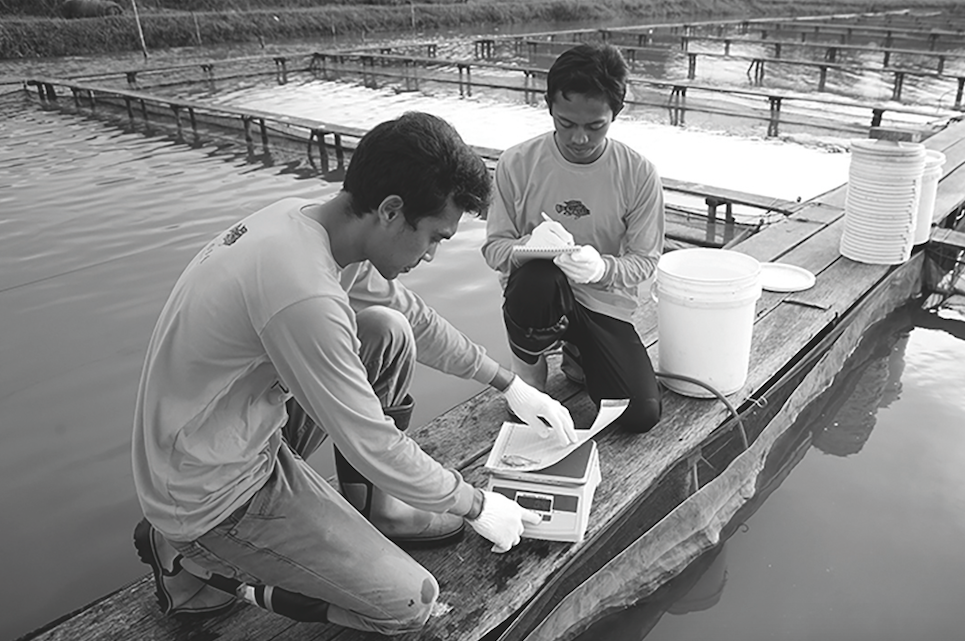
“We achieved our best-ever revenue and profit last year during COVID-19, while ensuring complete safety for employees,” he reveals.
“COVID-19 was a huge challenge because of the sudden lockdown across the country, but we acted immediately and followed the guidelines – things such as permissions to work in cantonment areas. Safety protocols have been handled efficiently by our team, whereas many competitors failed to do this. We also started an online service for customers during the lockdown, which was our biggest strength.”
And although born of necessity due to the pandemic, the online innovations have been of huge benefit for the Japfa brand going forward. “We were already arranging farmer seminars every month and guiding them on performance and productivity,” Amiya says. “We used to arrange over 100 farmer meetings every year, and after COVID-19, it has been increased due to our adapted technology, allowing one-to-one meetings.”
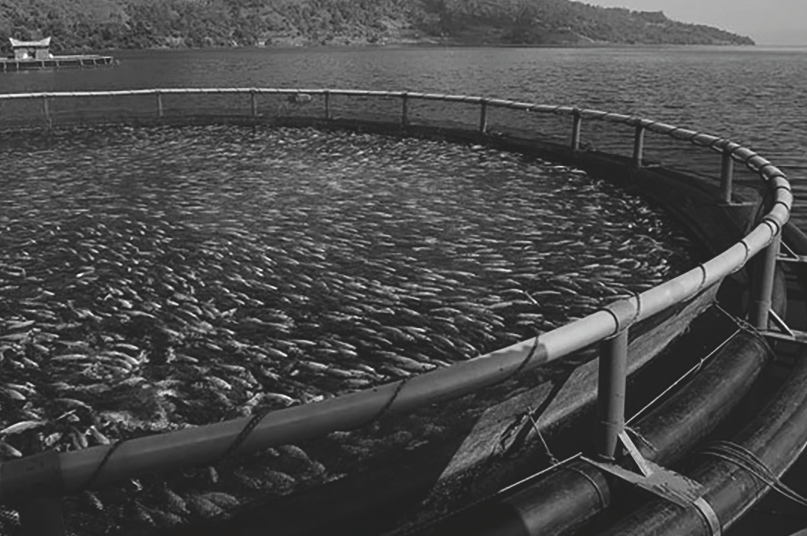
For the next 12–18 months the focus will be on continuing to run the business efficiently against a background of COVID-19, further diversification of specific feeds, addressing disease challenges within poultry farms and managing quality and costs in the face of soybean scarcity. As Amiya points out, much of Japfa’s work also benefits its key suppliers.
“Our continuous input into suppliers’ product development always attracts them to Japfa,” he reveals. “We believe in growing towards mutual prosperity.” A strictly honest and transparent approach to partners helps, along with payment terms that are the best in the industry. It is Japfa’s innovation that perhaps elevates it more than anything else, though.
“We innovate and the industry follows,” Amiya states boldly. “And as a multinational corporation there is always an added advantage for us.”
These innovations form a long list of unique selling propositions: online-friendly business, a world-class enterprise resource planning system, the best feed mill technology, constantly improving laboratory systems and research and development. There are now also mobile applications for instant solutions.

“Our customer can join us online at any time to get technical advice,” Amiya says. “Our field team are always alerted to address any technical issues our farmers have.” Indeed customer relationships are extremely important to Japfa, which is why the company employs a ‘farmers first’ principle.
“We have to think about farmer profitability,” Amiya explains. “Farmers are either a direct or indirect customer. Our fundamental business strategy is framed towards farmer benefits.”
Japfa’s sustainability program has also been created to make sure the wider environment is also high on the list of concerns. Not surprisingly, Amiya reveals that he loves his job and the autonomy it allows. He certainly tries to exemplify the values of the company in his own dealing with people internally and externally.
“I am an easygoing person and anybody can approach me,” he shares. “Any customer can reach me at any point in time, which is rarely seen among our competitors’ leadership. I also allow the autonomy to lower-level employees that they need.
“Culture is the foundation of a company – employee retention depends it. We have a very low attrition rate compared to our competitors. You will find second- or third-generation employees at Japfa.”
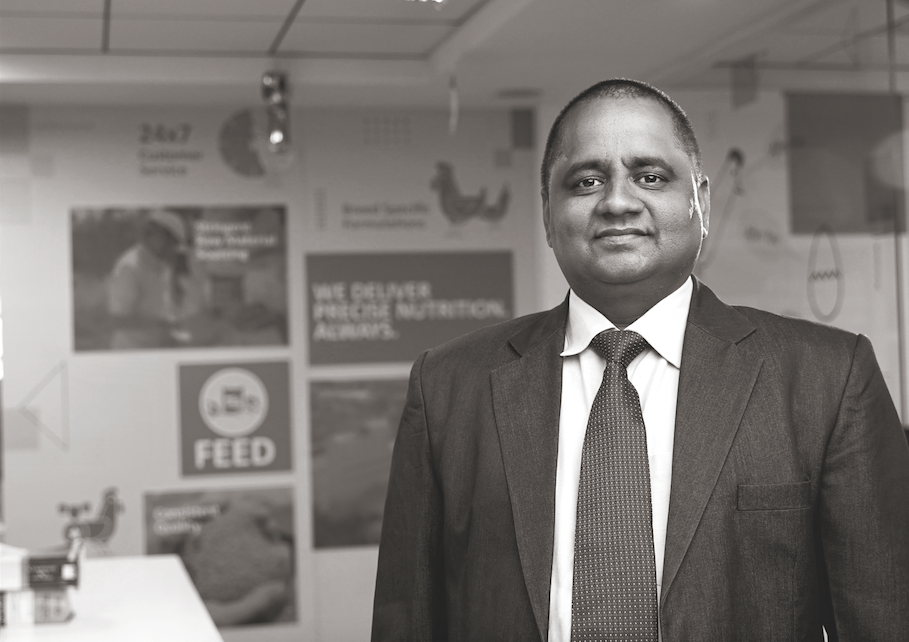
This comes from a question the company’s Chair Handojo Santosa once asked Amiya, which was, “How happy are your employees?” “It’s the best piece of advice I’ve ever received,” he reveals. “As a leader it is my duty to ensure all employees are happy. Happy employees raise productivity. My team members are my best friends.” And Amiya is definitely a good friend to them.
Proudly supported by:
